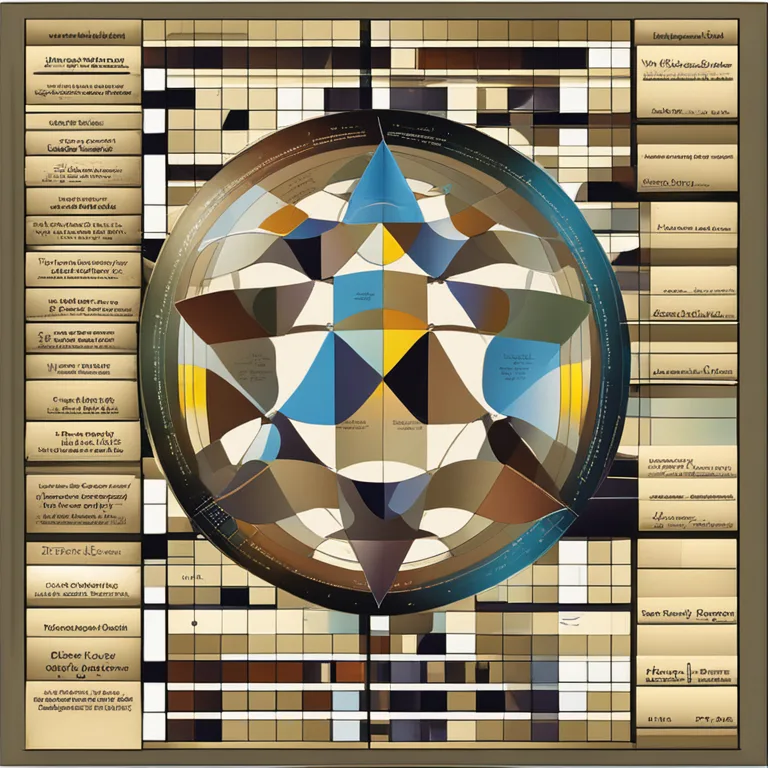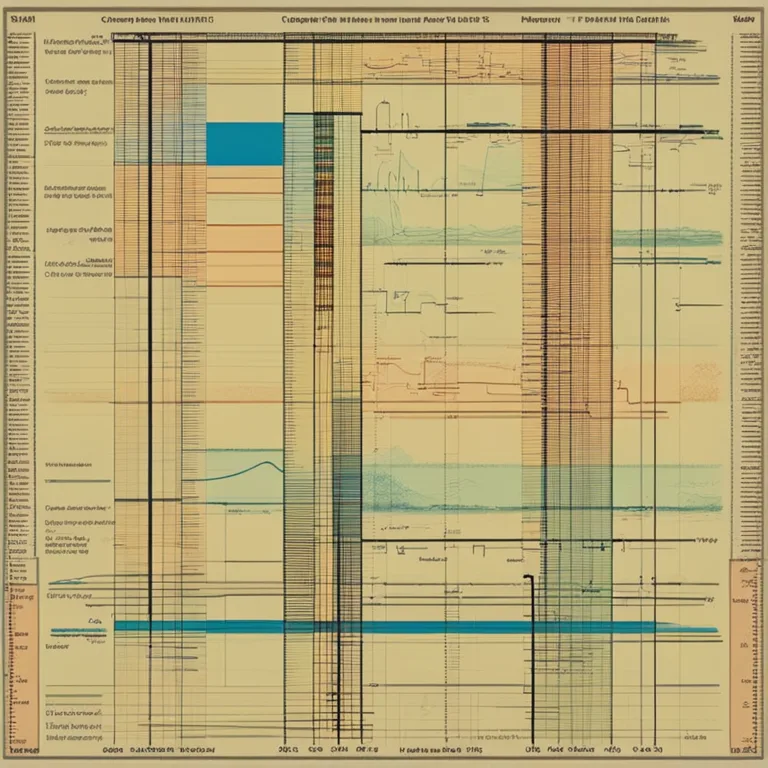
The Efficacy of Biorhythms: Fact or Fallacy?
Discover the truths and myths behind biorhythms, their applications, and the debate on their effectiveness in our daily lives.
article by Adrian Wallace
The Origins of Biorhythm Theory
Biorhythms are a concept that dates back to the late 19th century, postulated by Wilhelm Fliess, a German doctor, and later developed by Hermann Swoboda and Alfred Teltscher. The theory suggests that our lives are governed by biological cycles that can impact our physical, emotional, and intellectual capabilities. Modern biorhythms are often charted on a scale indicating high and low phases of a person's abilities, implying an interconnectedness with one's performance and well-being.

Biorhythms in Today's World
Despite their early inception, biorhythms have pivoted into the digital era with ease. Numerous apps and websites offer personalized biorhythm charts, claiming they can predict and enhance an individual's daily performance. The appeal of aligning one's activities with these cycles remains potent in 2024, with many proponents believing in their utility for planning, decision-making, and understanding personal dynamics.

Scientific Scrutiny and Skepticism
The scientific community, however, casts a skeptical eye on the biorhythm theory. Numerous studies have attempted to validate the claims of biorhythm proponents, often with inconclusive or negative results. Critics argue that biorhythms lack empirical support and that positive testimonials can be explained by placebo effects or confirmation bias, wherein individuals tend to remember when predictions correspond to outcomes and forget when they do not.

Psychological and Placebo Impacts
Despite scientific skepticism, it's important to consider the psychological impacts of biorhythms. Believers often report increased self-awareness and proactive management of their daily lives. The placebo effect, a well-documented phenomenon, could account for some of the perceived benefits of biorhythm tracking, where belief in the efficacy of a method brings about positive changes, regardless of the method's actual effectiveness.

The Role of Biorhythms in Daily Decisions
For those who stand by the relevance of biorhythms, these cycles are more than a psychological tool; they are a critical component of daily decision-making. Enthusiasts often synchronize important events or tasks with positive phases in their biorhythm charts, in the hope of achieving better outcomes. Whether it's choosing a date for an interview or planning a meeting, biorhythm believers integrate these cycles into their choice calculus.
Integrating Biorhythms with Other Practices
Biorhythms haven't stood isolated in the realm of alternative practices. They are often used alongside astrology, numerology, and other esoteric systems. This holistic approach suggests a yearning for interconnected understanding and control over one's destiny, which seems to resonate with many in our present times. Biorhythms can complement personal rituals and practices, providing a deeper, cyclical perspective on the human experience.
Biorhythms: A Personal Journey
Ultimately, the question of whether biorhythms 'work' is still open for debate. While lacking robust scientific endorsement, the individual testimonies and the personal value derived from their observance cannot be completely negated. Biorhythms should be approached as a personal journey, wherein users align the rhythms' guidance with their self-knowledge and intuition, paving a unique path for themselves.
Published: 12/28/2023
Modified: 12/28/2023
More predictions
Come back here soon to learn more about yourself and your future


Exploring Human Biorhythmic Cycles
Explore the fascinating concept of biorhythms and their influence on physical, emotional, and intellectual faculties in humans.


Biorhythm Compatibility: Fact Or Myth?
Explore the concept of biorhythm compatibility to discover if there's a real connection between our biocycles and relationship harmony.


Unlocking Your Body's Natural Clock
Explore the intriguing world of biorhythms and discover how they influence your physical, emotional, and intellectual states.